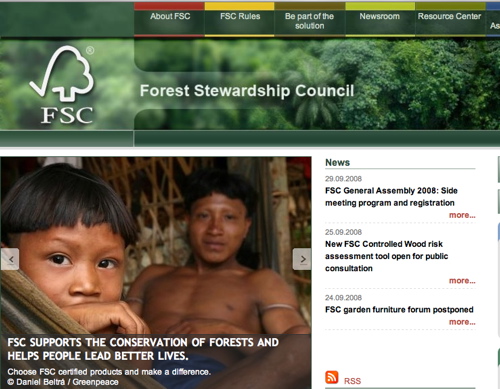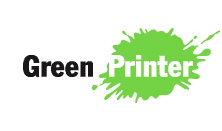Please consider the environment before printing this email.
We’ve all seen taglines like this. It makes us think about a very important issue, which is the environmental footprint of the media we use. Whether we are making decisions about the use of media for marketing, corporate identity, and administration or simply being consumers of media, it’s important to separate the facts from the hype.
In fact, what if the warning above is wrong? What if digital media is actually more harmful to the environment than printed media?
To begin sorting through these issues, you check out a free seminar with some of the industry’s foremost experts. For those who cannot attend, it will be available through a live streaming session.
Among the issues addressed:
- Is our growing reliance on information technology and digital media sustainable?
- What are some of the real environmental impacts associated with print and digital media?
- What is lifecycle analysis and how can it help you make informed decisions?
- How can you employ print and digital media responsibly and feel good about your choices?
The seminar, “Digital Vs. Printed Media: False Dilemmas and Hidden Opportunities,” is sponsored by the NYU Graduate Program in Graphic Arts Management and Technology and The Institute for Sustainable Communications, in sponsorship by Domtar, and will be held Monday, May 11, from 8:30 AM – 10:3 AM.
To register, click here.
Speakers will be Gil Friend, president and CEO of Natural Logic Inc., a noted thought leader on sustainable business, with more than 37 years of experience and clients, including Agilent Technologies, Coca-Cola, Dean Foods, Hewlett Packard, Levi Straus & Co., Nike, and Sun MicroSystems. He is adjunct faculty at Presidio Graduate School and author of The Truth About Green Business and the forthcoming book Risk, Fiduciary Responsibility, and the Laws of Nature.
Don Carli is senior research fellow with the Institute for Sustainable Communication (ISC), where he is director of The Sustainable Advertising Partnership and other programs addressing advertising, marketing, corporate responsibility, sustainability, and enterprise communication. Don is an Alfred P. Sloan Foundation Industry Studies Program Affiliate Scholar, sustainability editor of Aktuel Frafisk Information Magazine in Sweden, and a contributor to PBS “MediaShift.”








This sounds like an interesting event that I will attempt to watch “on-demand” following the broadcast. It is good to see important points such as this raised…too often paper is viewed as the environmental villain, while, in the same sentence, electronics are given a free ride.
In our business practices and advice to others, we recommend being smart about all uses. For electronics, embrace energy efficient, sustainably-produced devices, or even use recycled computers, if possible. Using the power saving features on the machines, combined with power-efficient servers, adds to the reductions.
We understand that e-mail, computers, and electronic media in general are an essential part of doing business. It is our goal to make the tasks as environmentally-responsible.
On the paper side, we do endorse reduction strategies, but, again, realizing that a paper-free workplace is often not possible, advise on better use of paper products. From FSC papers with vegetable inks to recycling, reusing, and smarter printing (print only what you need, etc.), impacts here can also be substantially reduced.
While “Please consider the environment before printing this e-mail” may be a bit of an oversimplification; if the computer were to remain on anyway while printing and reading that document on paper, then there is surely a savings to be had.
However, I am interested to hear what these two have to contribute towards the field.
This sounds like an interesting event that I will attempt to watch “on-demand” following the broadcast. It is good to see important points such as this raised…too often paper is viewed as the environmental villain, while, in the same sentence, electronics are given a free ride.
In our business practices and advice to others, we recommend being smart about all uses. For electronics, embrace energy efficient, sustainably-produced devices, or even use recycled computers, if possible. Using the power saving features on the machines, combined with power-efficient servers, adds to the reductions.
We understand that e-mail, computers, and electronic media in general are an essential part of doing business. It is our goal to make the tasks as environmentally-responsible.
On the paper side, we do endorse reduction strategies, but, again, realizing that a paper-free workplace is often not possible, advise on better use of paper products. From FSC papers with vegetable inks to recycling, reusing, and smarter printing (print only what you need, etc.), impacts here can also be substantially reduced.
While “Please consider the environment before printing this e-mail” may be a bit of an oversimplification; if the computer were to remain on anyway while printing and reading that document on paper, then there is surely a savings to be had.
However, I am interested to hear what these two have to contribute towards the field.
Before printers, we never printed anything and yet we
obtained all the info we required. Progress will lead us beyond printers and nobody will worry too much about what consequences a new technology may bring.
Before printers, we never printed anything and yet we
obtained all the info we required. Progress will lead us beyond printers and nobody will worry too much about what consequences a new technology may bring.